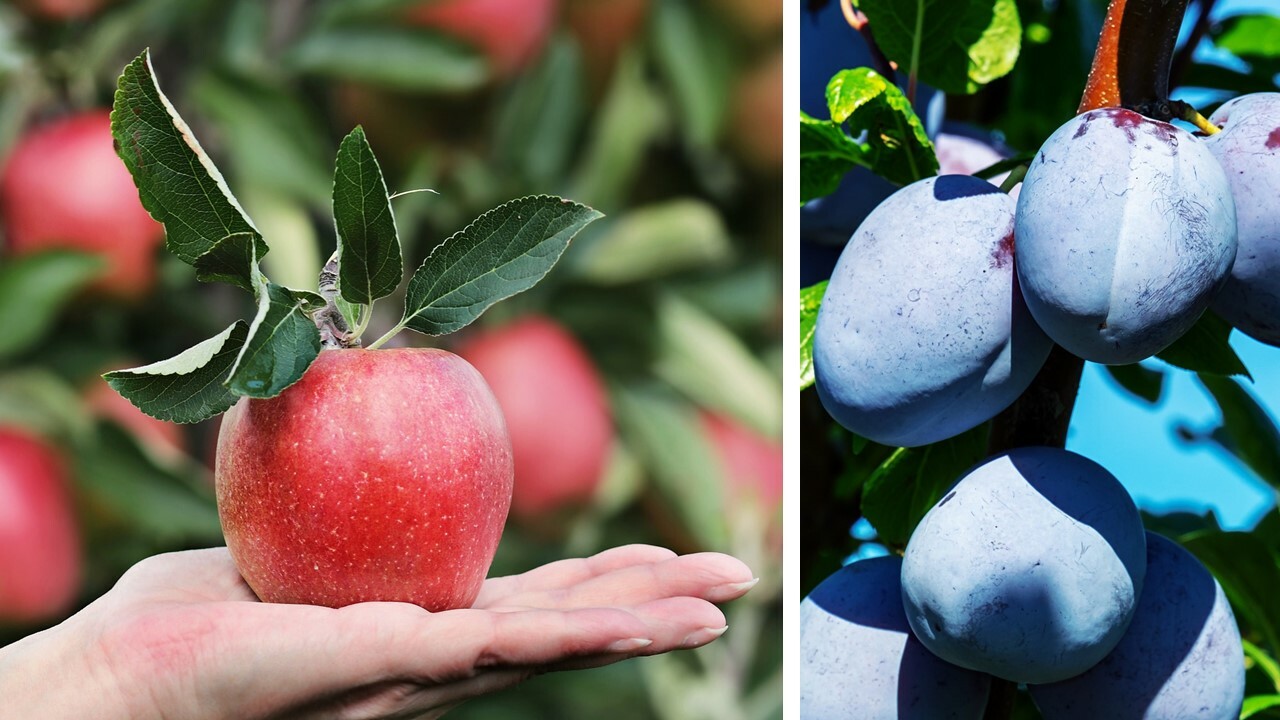With their evergreen foliage and interesting twisted shapes, juniper trees make a striking addition to any landscape. To keep your junipers looking their best, proper fertilization is key. But with so many fertilizer options out there, how do you choose the right one? Let’s look at why fertilizing matters for junipers, when to feed them, and the best fertilizers to pick for robust growth and vivid color.
Why Fertilizing Juniper Trees Is Important
While junipers are relatively low-maintenance once established, feeding them the right nutrients early on is crucial Here’s why fertilizer matters
-
It fuels strong root development in younger trees This enables them to better withstand drought and grow to maturity.
-
It replenishes nutrients that may be deficient in native soil. This prevents nutrient deficiencies that can cause yellowing leaves, dieback, or poor growth.
-
It supports lush, green foliage and helps junipers maintain their characteristic color. Gray-green or yellowing leaves are often a sign of nutrient hunger.
-
It prepares trees for the demands of new growth in spring by building stores of nitrogen, phosphorus, and potassium over winter.
So fertilizing junipers gives them the nutritional support they need for healthy structure and appearance over their lifespan.
When Is the Best Time to Fertilize Juniper Trees?
Junipers take up nutrients most effectively in early spring, right before their main flush of new growth begins. Aim to fertilize around February to April, depending on your climate. An additional feeding in late summer (August-September) will provide reserves for winter. Avoid fertilizing after September, as late growth may not harden off properly before winter dormancy.
Selecting the Right Fertilizer for Optimal Growth
The best fertilizers for junipers will be:
-
Balanced – Look for equal or near-equal ratios of nitrogen (N), phosphorus (P), and potassium (K) like 16-4-8 or 12-4-8. This feeds junipers evenly.
-
Slow-release – Pellets or granules that break down over 2-3 months prevent nutrient loss from leaching or runoff. They provide a steady supply of nutrients.
-
Acidic – Junipers thrive in slightly acidic soil (pH 5.5-6.5), so choose an acidic fertilizer formulated for evergreens. Avoid lime or bone meal, which make soil more alkaline.
-
Complete – All essential macro- and micronutrients should be included, not just NPK. Look for additions like sulfur, magnesium, iron, and zinc.
-
Organic or synthetic – Both work well, so choose what best suits your gardening preferences. Try pairing organic and synthetic for strong results.
Following package rates, apply fertilizer over the entire root zone out to the tree’s dripline. Water in thoroughly after feeding. For potted junipers, incorporate slow-release pellets into fresh soil when repotting.
Tips for Fertilizing Junipers Effectively
Follow these tips for successfully fertilizing your juniper trees:
-
Always do a soil test first to identify any nutrient shortages so you can target them.
-
For young trees, feed with a diluted liquid fertilizer monthly during the first year.
-
Break fertilizer amounts into smaller doses applied 6-8 weeks apart for steady nourishment.
-
Keep fertilizer away from the trunk to avoid burn. Spread evenly starting at the dripline.
-
If using quick-release fertilizers, apply half the recommended rate but twice as often. They leach out faster.
-
Supplement with an annual sprinkling of compost or well-rotted manure to enrich soil.
Signs It’s Time to Fertilize Your Juniper
Watch for these cues from your juniper trees to know it’s time to feed them:
- Paler green or yellowing foliage
- Lackluster or brown tips on leaves
- Thin growth and bare branches
- Stunted growth compared to prior years
- Loosely rooted or fragile plants
By regularly feeding your junipers the right fertilizer in spring and fall, you’ll enjoy the benefits of healthy evergreen structure, lush foliage, and brilliant color that make these trees such outstanding landscape specimens.
Best Fertilizer For Arborvitae – For Denser and Darker Growth
FAQ
When should you fertilize juniper trees?
Is Miracle-Gro good for junipers?
What helps junipers grow?
How do you fertilize a juniper plant?
Ensure you follow the recommended dosage based on your juniper’s size and age. Water thoroughly: After applying fertilizer, water the plant deeply to help dissolve and distribute the nutrients throughout the root zone. This step is crucial to prevent fertilizer burn and ensure proper absorption.
When should I fertilize my juniper?
The best time to fertilize juniper is in early spring. Apply a slow-release fertilizer with an NPK ratio close to 16-4-8. After they have become established, fertilization is typically not necessary unless the plant becomes stressed or your soil is nutrient deficient. Use a soil test to determine the nutrient levels available to your juniper.
What fertilizer do juniper trees need?
Another practical and simple-to-use fertilizer choice for juniper trees is Miracle-Gro Tree & Shrub Fertilizer Spikes. With a slow-release formula that delivers nutrients to the roots, these spikes are designed to give the plant long-lasting nutrition.
Why should I fertilize my juniper plant?
Why Fertilize Your Juniper Plant? Fertilizing your juniper plant provides it with essential nutrients that may be lacking in the soil. These nutrients, such as nitrogen, phosphorus, and potassium, are vital for the plant’s growth and development.
- A Complete Guide to Caring for Yuki Cherry Blossom Shrub - January 23, 2025
- Identifying Red Hot Poker Seeds: What to Look For When Harvesting Torch Lily Pods - January 23, 2025
- A Complete Guide to Harvesting Evening Primrose Seeds - January 23, 2025

